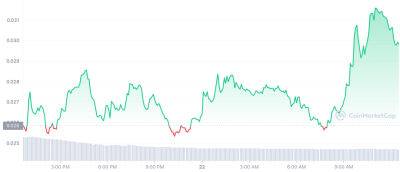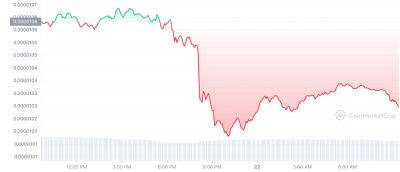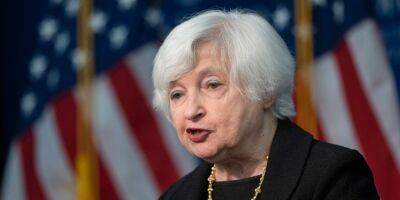Ted Cruz and Ron DeSantis take on the ‘digital dollar’: Law Decoded, March 20–27
Two lawmakers in one week weighed in against the possibility of a United States central bank digital currency (CBDC). Florida Governor Ron DeSantis — expected by many to throw his hat into the ring for the 2024 U.S. presidential race — has called for a ban on a digital dollar in the state. DeSantis spoke out against the Federal Reserve issuing and controlling a CBDC, claiming the initiative would grant “more power” to the government.
Texas Senator Ted Cruz went even further, introducing a bill to block the Fed from launching a “direct-to-consumer” central bank digital currency. Cruz stated it’s “more important than ever” to ensure U.S. policy on digital currencies protects “financial privacy, maintains the dollar’s dominance and cultivates innovation.” The anti-CBDC bill is a second attempt by Senators Cruz, Braun and Grassley, who introduced a similar bill on March 30, 2022, to prohibit the Fed from issuing a CBDC directly to individuals.
Representative Tom Emmer introduced another anti-CBDC bill in February. The bill could prohibit the Fed from issuing a digital dollar directly to anyone, bar the central bank from implementing monetary policy based on a CBDC, and require transparency for projects related to a digital dollar. It’s also presented as an apparent effort to protect Americans’ right to financial privacy.
The next G7 meeting in May might bring a push from seven of the world’s advanced economies for stricter regulations on cryptocurrencies globally. Together, leaders from Japan, the United States, the United Kingdom, Canada, France, Germany and the European Union will outline a cooperative strategy to increase crypto transparency and enhance consumer protections, as well as address potential risks to the global
Read more on cointelegraph.com
















